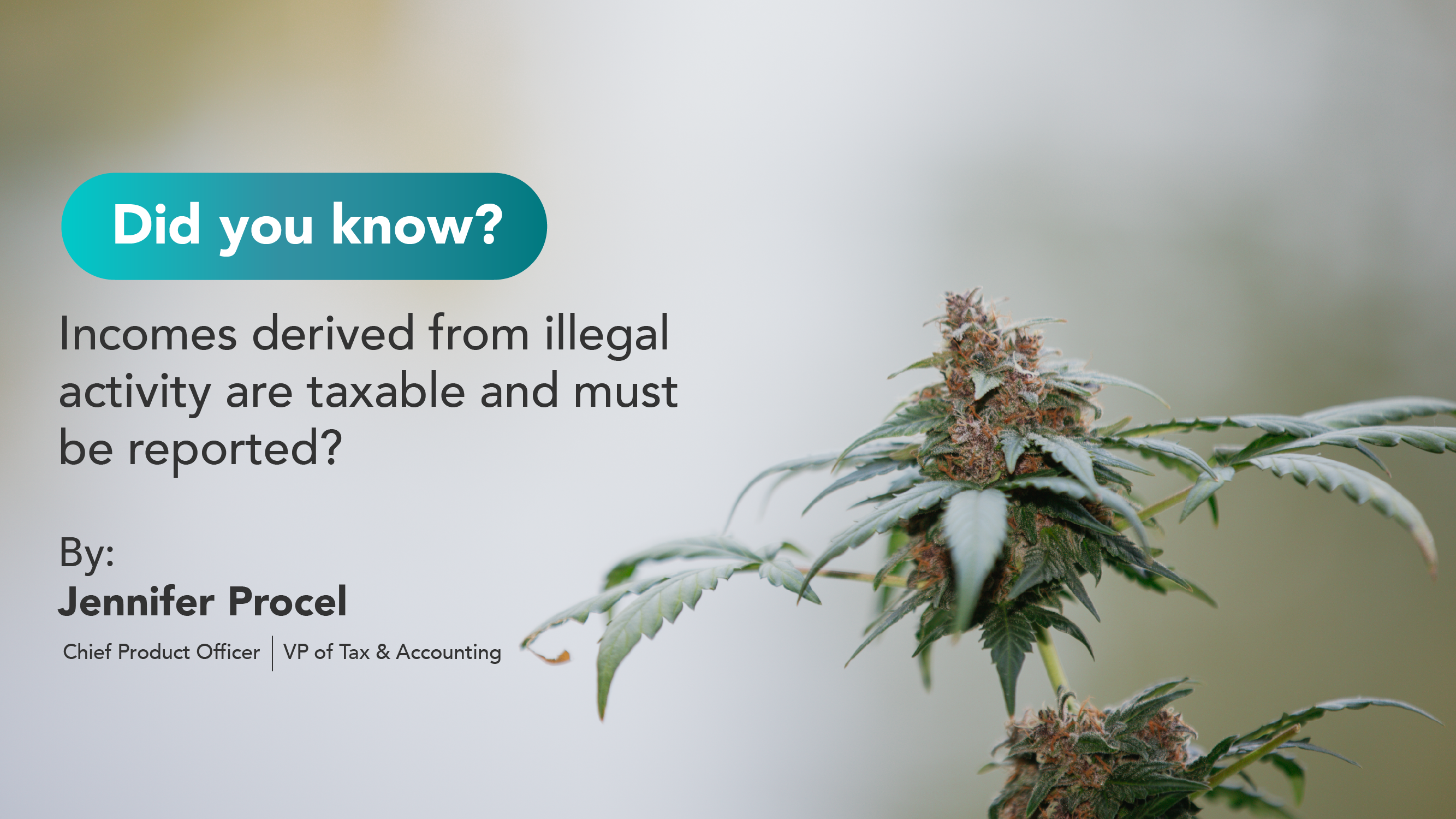Are you putting enough money aside to pay taxes for your side gig or small business at the end of the year? If you are starting a business, you might not be thinking about taxes due at the end of the year. Postponing tax planning is a common mistake entrepreneurs and growing companies make. Taxes are there at every turn, right next to the possibility of failure.
Taxes can get complicated and scary, but only if you ignore it. Some businesses play the game of “if I don’t see it, it’s not there.” It’s there, and if you don’t pay attention to your tax situation soon, it will begin to beat you in the head with a stick. Managing expenses and paying taxes is challenging when your business isn’t generating revenue.
Working for yourself makes taxes even more complicated. You are considered a sole proprietorship, and not an incorporated company. This means that you are solely responsible for all debts and taxes. When you worked for a corporation, your employer paid their part of social security and Medicare tax at 7.65% of your income, also known as the employer tax. As a sole proprietorship, the IRS requires you to pay 15.3% (7.65% x 2) of your net sales, revenue, or income. If your remodeling business generates $100k in sales and $55k in expenses this year, the IRS will tax you 15.3% on the $45k in profit. This is in addition to your personal tax responsibility, which can vary from 0-10%, depending on your filing status. This means you could end up owing over $10,000 in taxes.
You can avoid being surprised at the end of the year by following these tips:
1. Stop thinking of taxes as a quarterly or annual event. Most taxes get paid quarterly or annually, but you must have the money to pay for it. A common mistake made is trying to come up with the money at the time the report is due. To avoid this situation, track the following taxes on a regular basis:
– Sales Tax – typically due every month to your state comptroller
– Payroll Tax – due weekly or monthly, depending on the size of your organization (if you have employees)
– Business Federal Income Tax or Self Employee Tax – if you are a sole proprietorship
2. Always think about taxes when selling a service or product. Collecting sales taxes is a way to transport money from your customer’s wallet to the state comptroller. Don’t spend the sales tax you receive as it was never yours in the first place. We always recommend allocating 10% of sales to pay federal tax or self-employed tax.
Let’s say you sell a product for $100 and collect $8.25 in sales tax. You would want to separate the sales tax of $8.25 plus another 10% (or $10 in this example) for federal taxes. You can keep the remaining $90 for yourself or your business.
3. Separate your operations account from your taxes account. This practice will keep you from co-mingling your ops income and collected taxes. You can do the same for payroll and payroll taxes.
If you need help with tax savings, send us a message so that we can get you started on the right path. If you need an accountant, sign up for IOOGO Accounting. If you already have a CPA or accountant, then share this article with someone you know who may need to read this.





